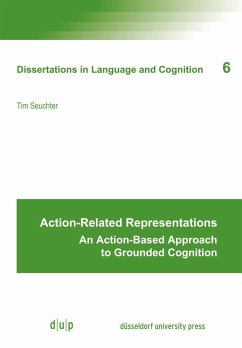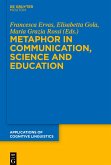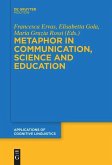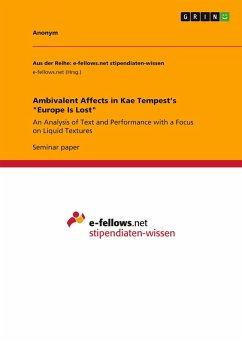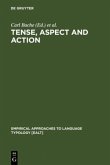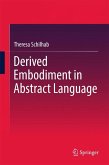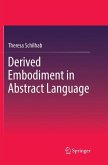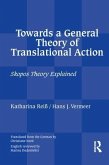Theories of grounded cognition state that there is a meaningful connection between action and cognition. Although these claims are widely accepted, the nature and structure of this connection is far from clear and is still a matter of controversy. This book argues for a type of cognitive representation that essentially combines cognition and action, and which is foundational for higher-order cognitive capacities. Action-related representation is a mode of representing features of the environment in terms of possible actions. Central to this concept is that even the most basic actions, such as grasping or reaching, are outcomes of representing features of the environment in relation to features and skills of the acting subject. The author discusses the hierarchical development from egocentric, context-specific action-related representations to abstract representations of general actions. Findings from Philosophy, Neuroscience and Ecological Psychology are analysed, and a novelapproach to the understanding of Gibson's Theory of Affordance Perception, a key element of the concept of action-related representation, is introduced.
Bitte wählen Sie Ihr Anliegen aus.
Rechnungen
Retourenschein anfordern
Bestellstatus
Storno

